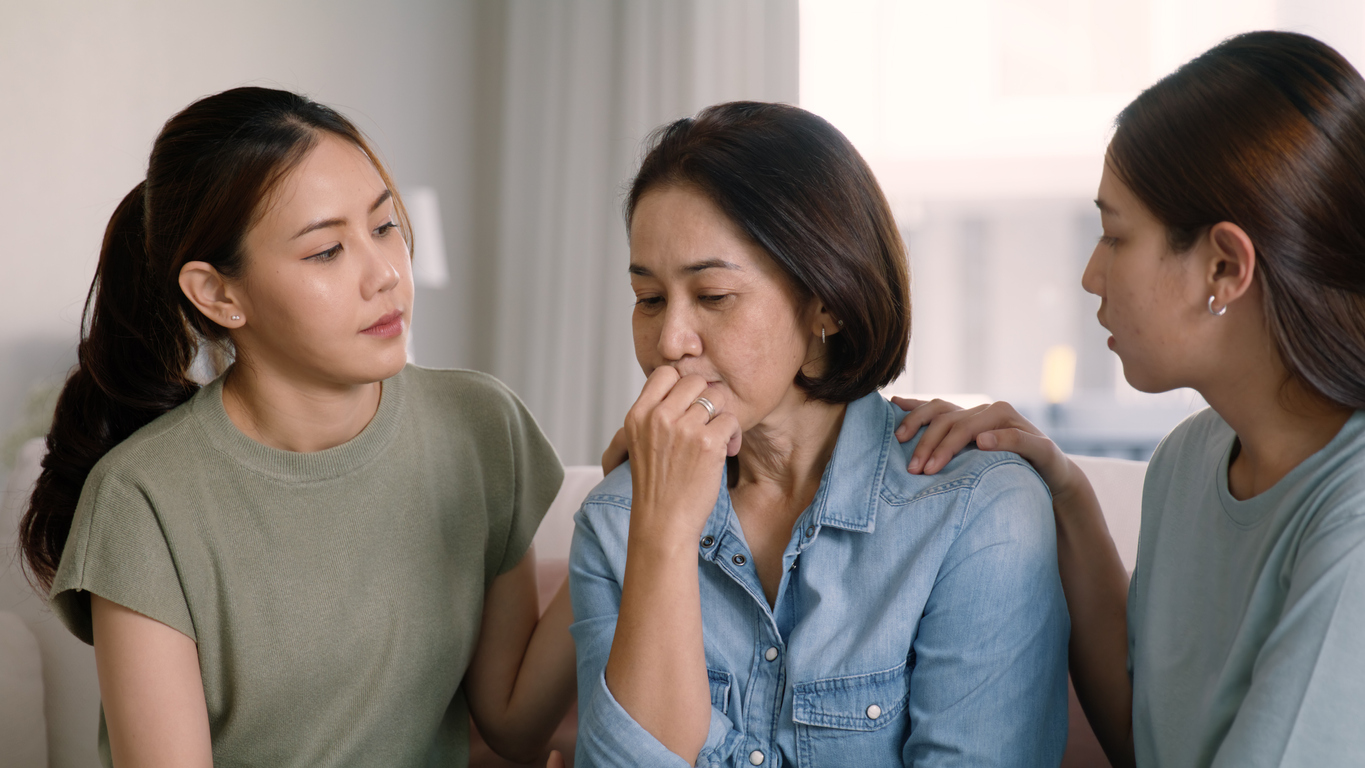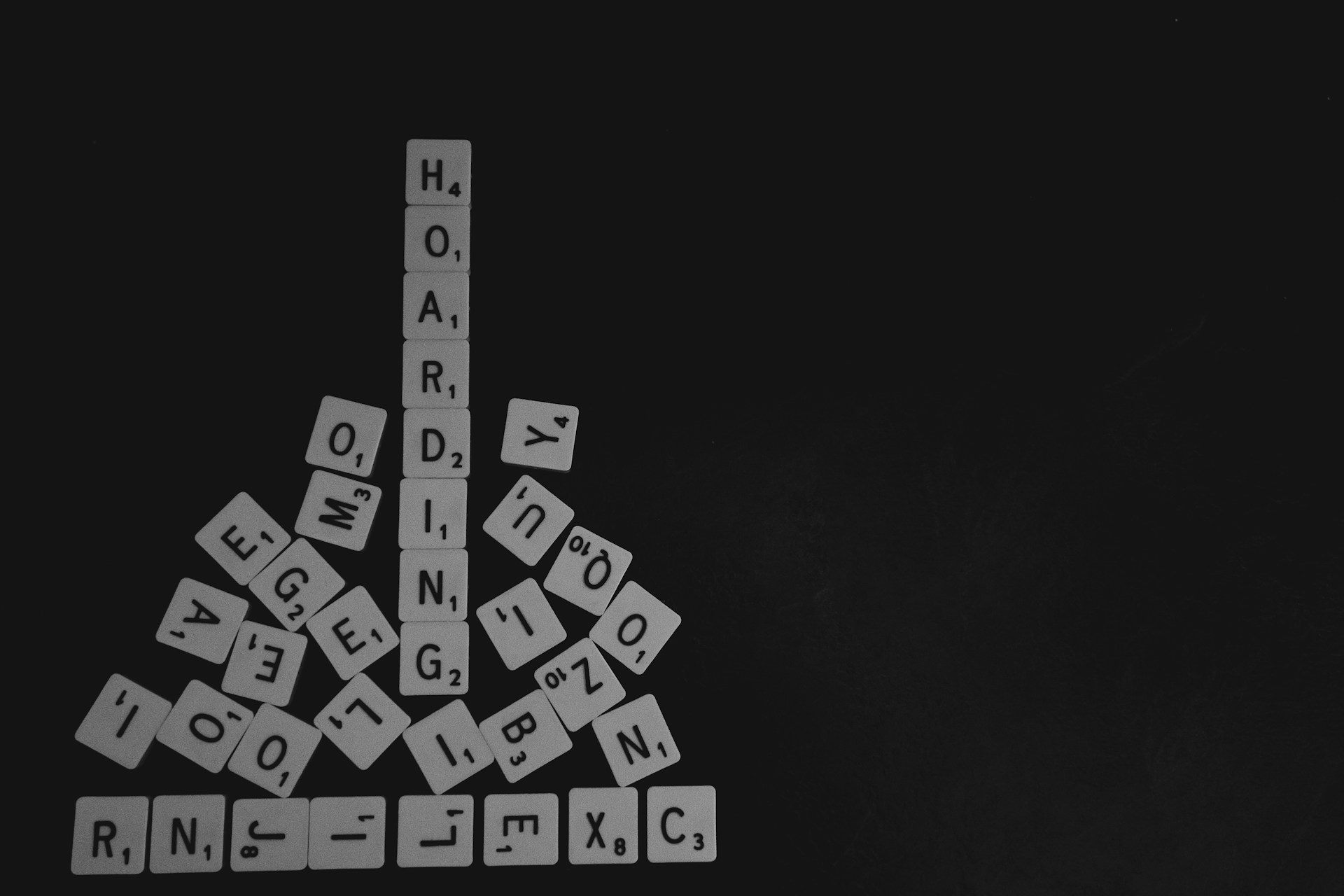The Benefits of Ketamine Treatment for PTSD
Ketamine treatment for PTSD may help someone overcome painful mental health symptoms. Ketamine therapy has high efficacy and many benefits, including being safe, non-invasive, and promoting neuroplasticity. When combined with psychotherapy, ketamine can have even more benefit. You can receive the medicine intravenously, intramuscularly, or by nasal spray. Post-Traumatic Stress Disorder (PTSD) presents a significant challenge in mental health, necessitating innovative treatments that can offer swift and effective relief. Ketamine treatment for PTSD addresses this need by providing a rapid response mechanism, reducing symptoms significantly faster than traditional methods. The benefits of this type of therapy include not only quick symptom alleviation but also the potential for facilitating more profound therapeutic work by enhancing mood and cognitive functions, making it a valuable option for those struggling with PTSD. In this article, we share several benefits of ketamine treatment for PTSD. What is PTSD? Post-Traumatic Stress Disorder (PTSD) is a psychiatric …






